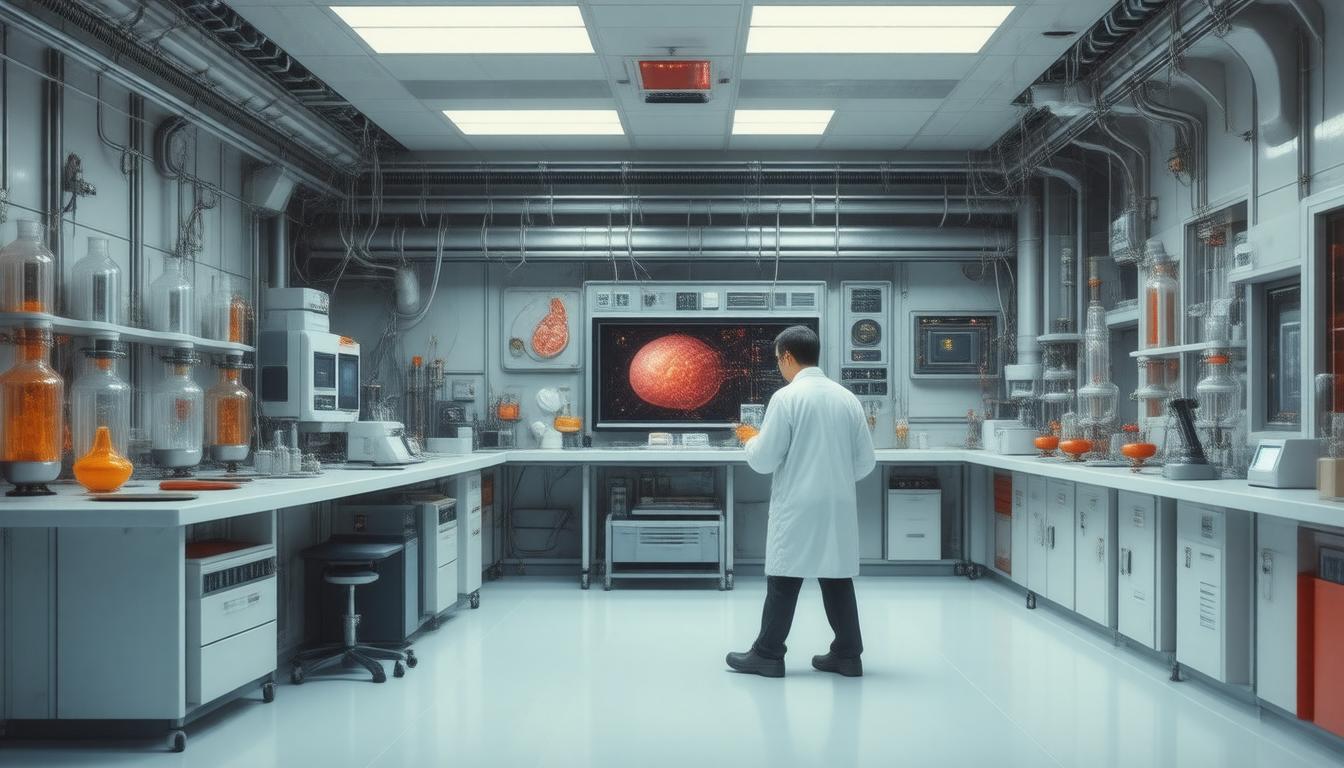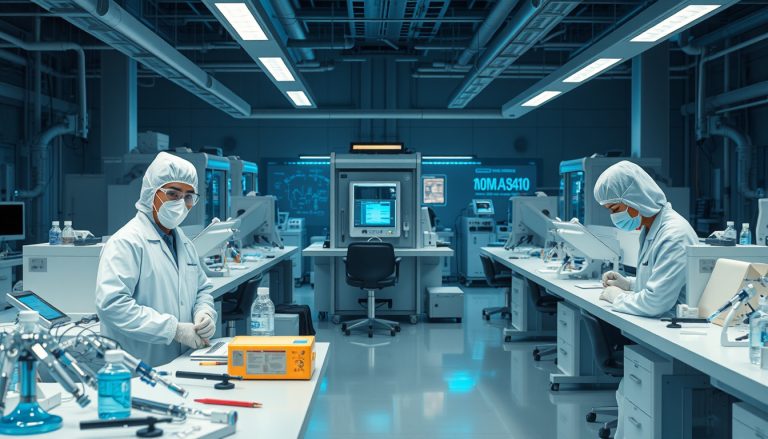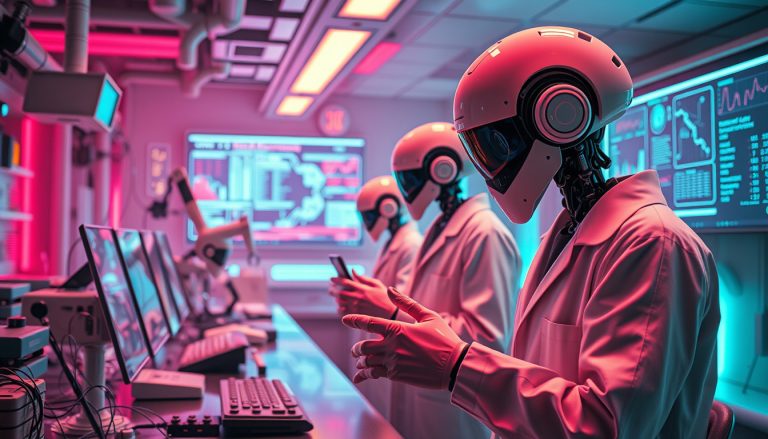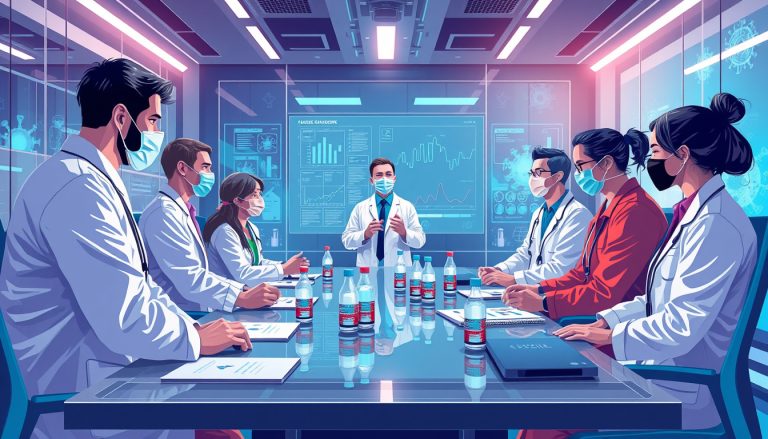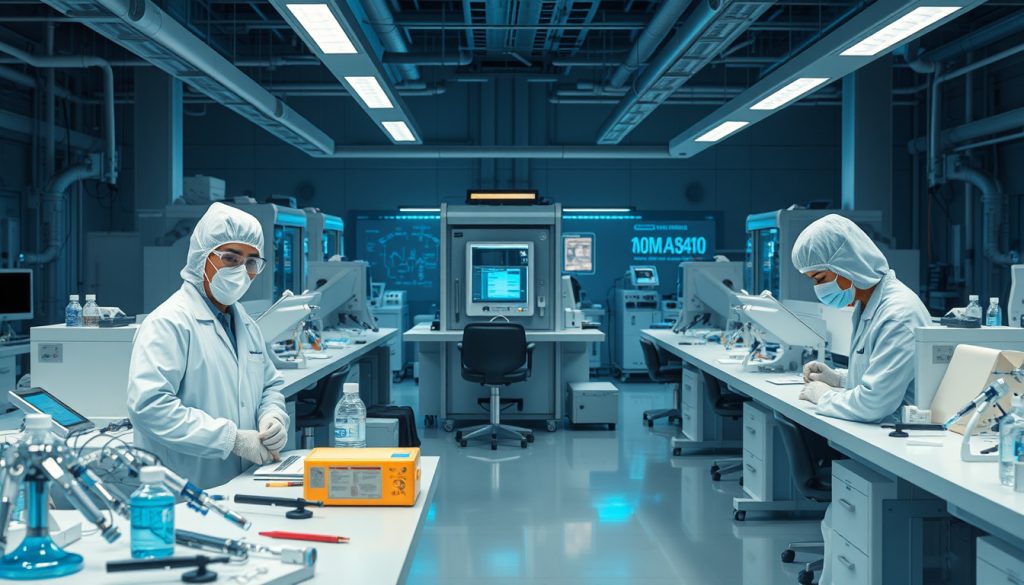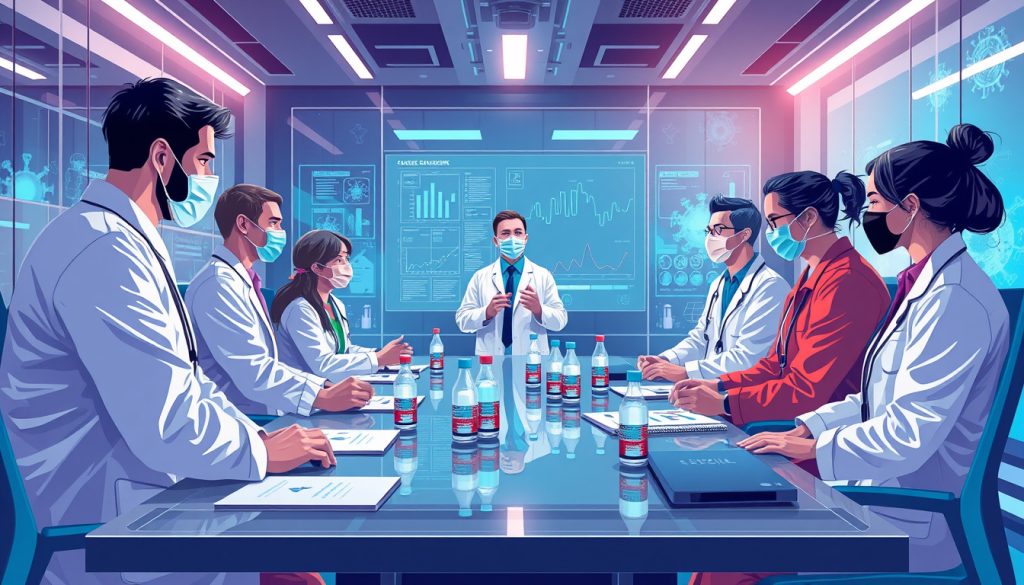In a groundbreaking collaboration between Nvidia and the Arc Institute, an innovative AI model named Evo 2 has been unveiled, promising to transform the landscape of bioengineering as we know it.
Nearly a year ago, the bioengineering professor Patrick Hsu posed an intriguing question: ‘Is DNA all you need?’ This question sparked a journey into the realms of artificial intelligence and biology, leading to the development of Evo, an AI model that stands at the forefront of research and discovery.
As we explore the genesis of Evo and the far-reaching implications of Evo 2, it becomes evident that the intersection of biology and AI is set to revolutionize how we approach scientific research and healthcare solutions.
Key Takeaways
- Evo 2 represents a significant advancement in integrating AI with biological research.
- The model aims to enhance our understanding of genetic information beyond traditional DNA analysis.
- Evo 2 has the potential to accelerate discoveries in bioengineering, reshaping the future of the field.
The Genesis of Evo: Bridging Biology and Artificial Intelligence
on vast datasets of biological sequences.
This exploration brought together elements of biology and artificial intelligence, driving a transformative approach in understanding genetic functions and evolutionary patterns.
Hsu’s vision was to create a tool that not only simulates but also predicts biological phenomena, enabling researchers to delve deeper into complex genetic landscapes.
Evo utilizes cutting-edge algorithms to analyze DNA sequences efficiently, offering insights that were previously difficult to uncover.
This innovative intersection of disciplines has the potential to revolutionize fields such as synthetic biology and personalized medicine by enhancing our comprehension of how genetic information is translated into biological traits.
Through Evo, the scientific community gains a robust framework for hypothesizing and testing genetic interactions, paving the way for new discoveries that could lead to significant advancements in healthcare and biotechnology.
Implications of Evo 2: Transforming Research and Discovery in Bioengineering
The implications of Evo 2 in the field of bioengineering are profound, marking a significant shift in how researchers approach genetic engineering and synthetic biology.
Professor Patrick Hsu’s intriguing question, ‘Is DNA all you need?’ invites us to rethink conventional wisdom surrounding gene manipulation.
By harnessing the power of artificial intelligence, Evo 2 goes beyond traditional methods, providing tools that not only analyze vast datasets of genetic information but also simulate experimental outcomes with remarkable accuracy.
This innovative approach facilitates rapid hypothesis testing and accelerates the discovery of new biological functions, drugs, and therapies.
As a result, Evo 2 enhances the efficiency of research workflows, encouraging collaboration across different scientific disciplines and ultimately leading to breakthroughs that were previously unimaginable.
Hsu’s vision, embodied in Evo 2, promises to transform how we understand and manipulate the building blocks of life, paving the way for a new era in bioengineering.

